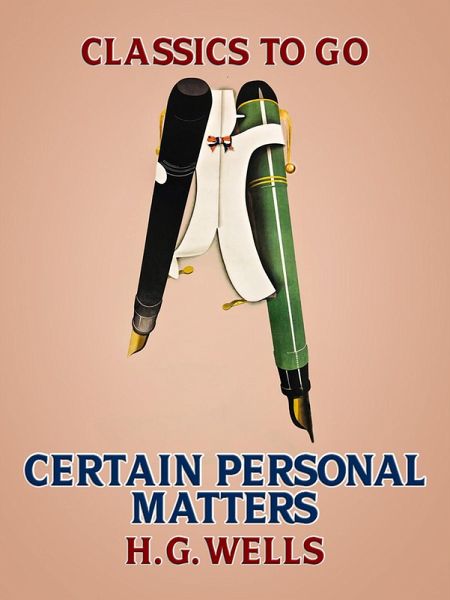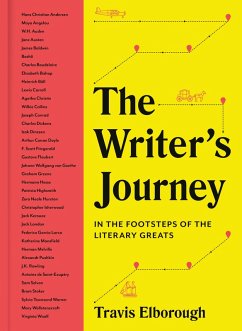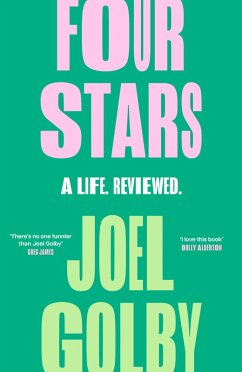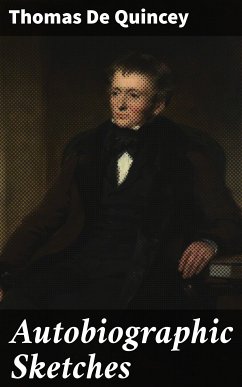
Certain Personal Matters (eBook, ePUB)
Versandkostenfrei!
Sofort per Download lieferbar
1,99 €
inkl. MwSt.
Weitere Ausgaben:

PAYBACK Punkte
1 °P sammeln!
Excerpt: "I do not know whether this will awaken a sympathetic lassitude in, say, fifty per cent. of its readers, or whether my experience is unique and my testimony simply curious. At any rate, it is as true as I can make it. Whether this is a mere mood, and a certain flagrant exhilaration my true attitude towards things, or this is my true attitude and the exuberant phase a lapse from it, I cannot say. Probably it does not matter. The thing is that I find life an extremely troublesome affair. I do not want to make any railing accusations against life; it is--to my taste--neither very sad nor...
Excerpt: "I do not know whether this will awaken a sympathetic lassitude in, say, fifty per cent. of its readers, or whether my experience is unique and my testimony simply curious. At any rate, it is as true as I can make it. Whether this is a mere mood, and a certain flagrant exhilaration my true attitude towards things, or this is my true attitude and the exuberant phase a lapse from it, I cannot say. Probably it does not matter. The thing is that I find life an extremely troublesome affair. I do not want to make any railing accusations against life; it is--to my taste--neither very sad nor very horrible. At times it is distinctly amusing. Indeed, I know nothing in the same line that can quite compare with it. But there is a difference between general appreciation and uncritical acceptance. At times I find life a Bother."
Dieser Download kann aus rechtlichen Gründen nur mit Rechnungsadresse in A, B, BG, CY, CZ, D, DK, EW, E, FIN, F, GR, HR, H, IRL, I, LT, L, LR, M, NL, PL, P, R, S, SLO, SK ausgeliefert werden.













